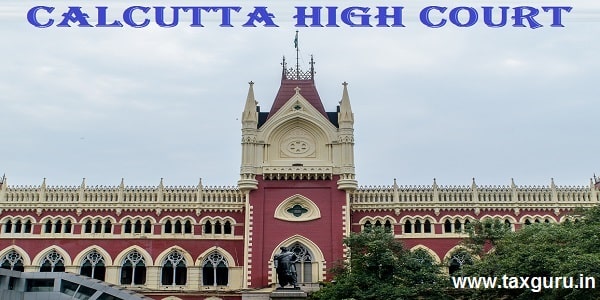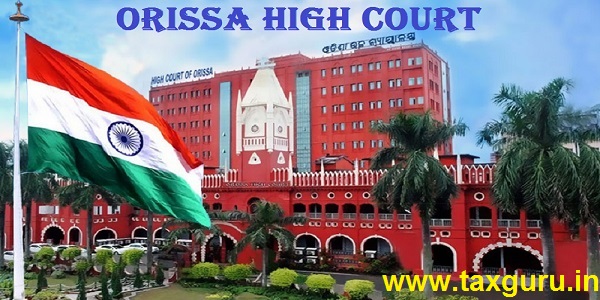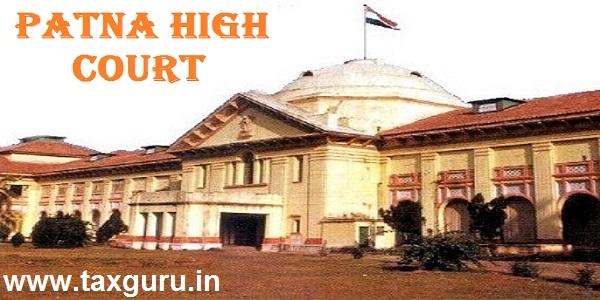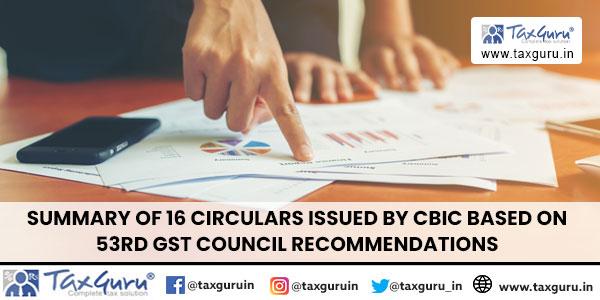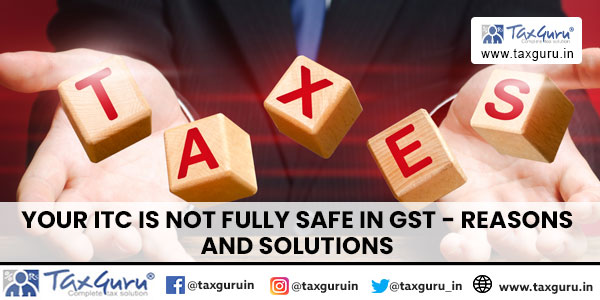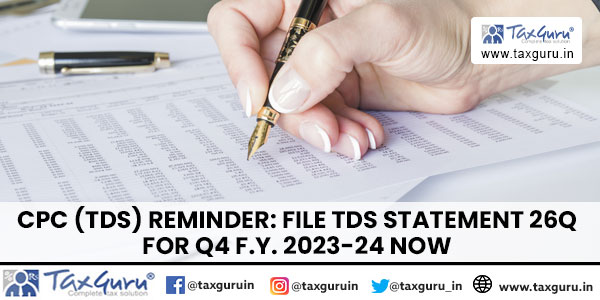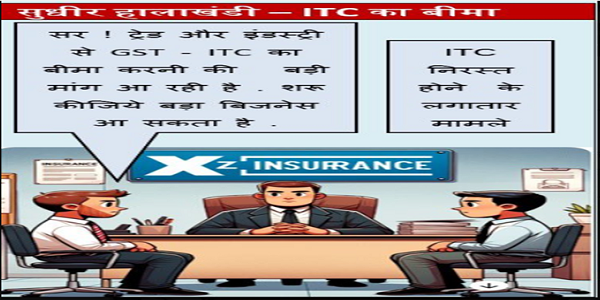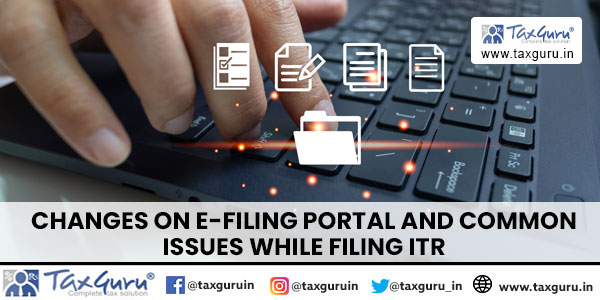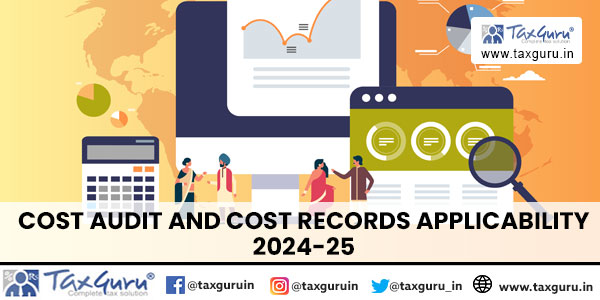Case Law Details
DCIT Vs Excelex Bio Polymers (P) Ltd. (ITAT Delhi)
The Assessing Officer held that the non-compete fee cannot be allowed as a revenue expenditure u/s 37(1). He took into consideration the amendment by the Finance Act, 1998 providing for allowance of depreciation on `intangible assets’ in the nature of know-how, patents, copyright, trademarks, licenses, franchises or any other business of commercial right of similar nature acquired on or after 01.04.1998. It was opined that the payment of non-compete fee did not fall in any of the items of intangible assets specified in section 32(1)(ii).
FULL TEXT OF THE ITAT ORDER IS AS FOLLOWS:-
This appeal filed by the Revenue is directed against the order passed by the CIT(A) on 03.12.2012 in relation to the assessment year 2007-08.
2. The only issue raised in this appeal is against the treatment of non-compete fee as an intangible asset, eligible for depreciation @ 25%.
3. Briefly stated, the facts of the case are that the assessee is engaged in the business of manufacturing speciality chemicals used in oil drilling industry. It commenced its operation during the year under consideration after purchase of business of M/s EP Industrial and Agrochemicals Pvt. Ltd. in February, 2007 as a going concern. Having purchased this business as a slump sale, the assessee got the assets valued by a firm of valuers. Total slump sale consideration was bifurcated into tangible and intangible assets. In the present appeal, we are concerned only with the amount attributed as non-compete fee of Rs.10,72,10,000/- which is a part of the slump sale consideration. The AO has not disputed the bifurcation of slump sale consideration into different tangible and intangible assets, including the amount shown as non-compete fee. In the audited balance sheet, the assessee declared non-compete fee as intangible asset which was written off on pro-rata basis by way of amortization over a period of five years. However, in the computation of total income, the assessee added back the amortised amount of non-compete fee and claimed the full amount of Rs.10.72 crore as a revenue expenditure. The Assessing Officer held that the non-compete fee cannot be allowed as a revenue expenditure u/s 37(1). He took into consideration the amendment by the Finance Act, 1998 providing for allowance of depreciation on `intangible assets’ in the nature of know-how, patents, copyright, trademarks, licenses, franchises or any other business of commercial right of similar nature acquired on or after 01.04.1998. It was opined that the payment of non-compete fee did not fall in any of the items of intangible assets specified in section 32(1)(ii). He, therefore, disallowed even the claim of depreciation on Rs.10.72 crore as well. The ld. CIT(A) agreed with the Assessing Officer in so far as the treatment of non-compete fee as a non-revenue expenditure is concerned. He, however, held such amount to be covered u/s 32(1)(ii) eligible for depreciation @ 25%. The Revenue is aggrieved against this decision.
4. We have heard the ld. DR and perused the relevant material on record. There is no appearance from the side of the assessee despite several notices. The last notice sent to the assessee has been returned by the postal authorities with the remarks `Left’. As such, we are proceeding to dispose of the appeal ex parte qua the assessee.
5. It is observed that the assessee purchased the business of M/s EP Industrial & Agrochemicals Pvt. Ltd., in February, 2007 as a going concern and allocated Rs.10.72 crore towards non-compete fee by treating it as an item of ‘intangible asset.’ We have noted supra that the AO has not disputed the allocation of Rs.10.72 crore as non-compete fee out of total slump sale consideration. There is no cross appeal by the assessee. Thus the action of the ld. CIT(A) in treating such amount as not deductible as revenue expenditure in the year of payment, has attained finality. As such, we are required to consider the eligibility of depreciation on amount of non-compete fee.
6. The ld. CIT(A) has treated this amount as covered under clause (ii) of section 32(1) as amended by the Finance (No.2) Act, 1998 w.e.f. 1.4.1999 providing for depreciation on `Intangible assets’ acquired on or after the 1st day of April, 1998, in the nature of : `know-how, patents, copyrights, trademarks, licences, franchises or any other business or commercial rights of similar nature’. In support of his decision, he has relied on the decision of the Hon’ble Supreme Court in Techno Shares & Stocks Ltd. VS. CIT (2010)327 ITR 323(SC) and certain tribunal orders. However, we find that this issue is no more res integra in view of the direct decision of the Hon’ble jurisdictional High Court in Sharp Business System VS. CIT (2012) 254 CTR 233 (Del) in which the dispute was about the granting of depreciation on non-compete fee. Rejecting the assessee’s point of view, the Hon’ble jurisdictional High Court has held that : `The nature of rights of know-how, patent, copyright, trademark, license or franchise or any other right of similar nature as mentioned clearly in the section spell-out an element of exclusivity which ensures to the assessee as a sequel to the ownership. For the ownership of the intellectual property or know-how or license or franchise, it would be unable to either access the advantage or assert the right and the nature of the right mentioned or spelt-out in the provision as against the world at large or in legal parlance “in rem”. However, in the case of a non-competition agreement or covenant, it was held that the advantage was a restricted one, in point of time. It did not confer any exclusive right to carry-on the primary business activity. The right can be asserted in the present instance only against L&T and in a sense, the right “in personam”. Every species of right spelt-out expressly by the Statute – i.e. of the intellectual property right and other advantages such as know-how, franchise, license etc. and even those considered by the Courts, such as goodwill can be said to be alienable. Such was not the case with an agreement not to compete which is purely personal. As a consequence, it is held that the contentions of the assessee are without merit.’ It is further pertinent to note that the Hon’ble Delhi High Court, while deciding this issue against the assessee, has also considered the judgment of the Hon’ble Supreme Court in Techno Shares & Stocks Ltd. VS. CIT (supra), which was the foundation of the ld. CIT(A)’s decision.
7. In view of the foregoing, we are of the considered view that the ld. CIT(A) was not justified in granting depreciation on the amount of non-compete fee. The impugned order is, therefore, overturned and the action of the AO is restored.
8. In the result, the appeal is allowed.
The order pronounced in the open court on 01.03.2018.




